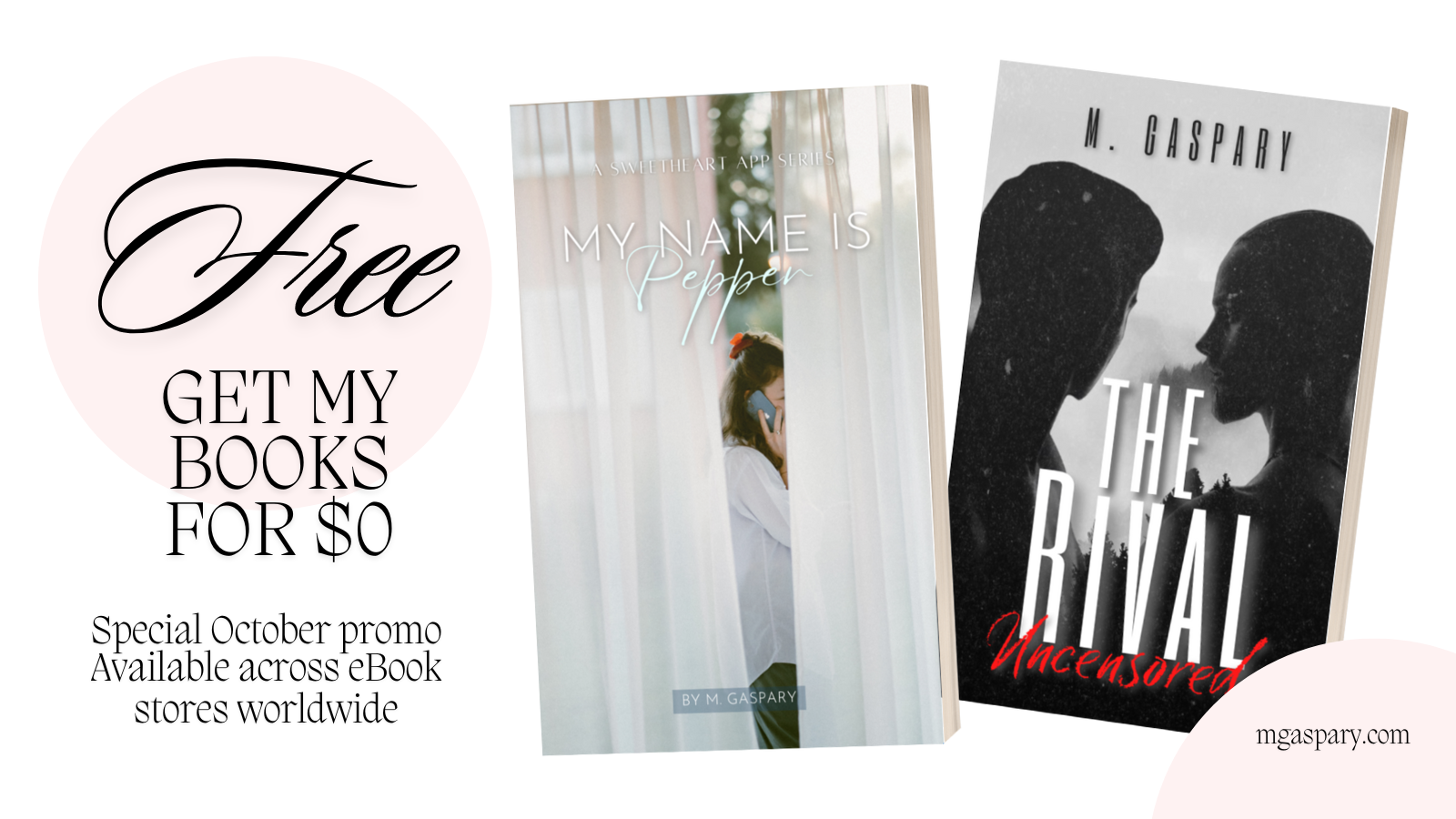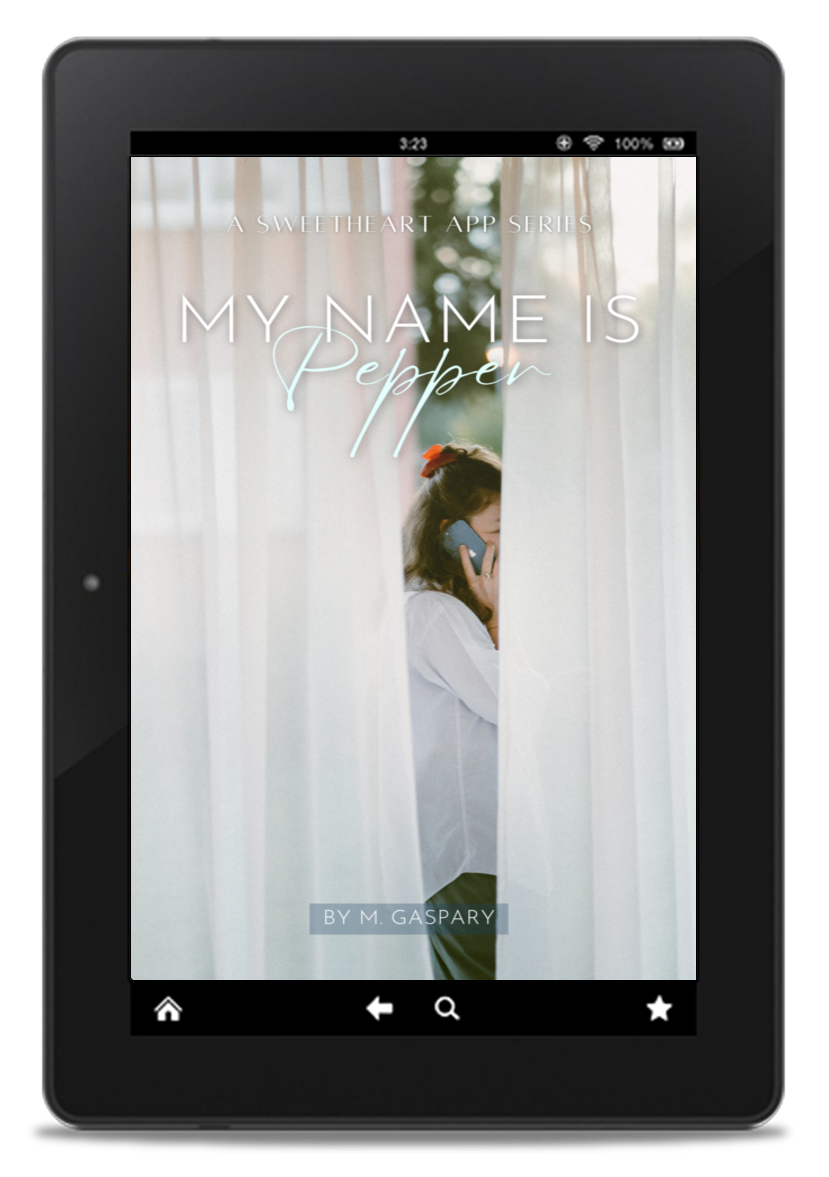“Even the most compassionate person will at some point become frigid. That’s when you know they’ve been pushed too far,” a writer who wished to remain unnamed remarked. And introverts can tell when someone has crossed the limit.
Silence may be preferable to introverts. More often than not, we listen. And because we appear shy, people perceive us as the most patient and nice people in the room. Some people think we’re impolite, aloof, or conceited.
We know the importance of patience and empathy for others despite preconceptions. But eventually, we’ll realize that enough is enough.
Before Discovering The Word “Introversion”
I didn’t learn about introversion until I began studying psychology in college. It had no significance at the time. According to the book, introverts prefer alone, and extroverts favor large crowds. The truth of that was something I was aware of. Yet, it had no significance for me.
It wasn’t until I needed to. I had to realize the idea of these individuals. I needed a deeper understanding of myself and a better understanding of myself. And it involves embracing my introversion and genuinely accepting who I am.
When Being Different Starts To Manifest
Being different. These are the two words to describe me. As a kid, I often found solace alone. Instead of playing with other kids my age at the playground, I enjoyed reading books. Learning has been my preference as my version of “fun.”
As most introverts know, this isn’t the “fun” everyone knows, which consequently causes constant bullying. Not only did a group of students terrorize me, but my teachers joined the club, too.
No matter how much I wanted to speak up, I couldn’t. Even when the bullying got worse, I refused to tell my parents. It was the start of losing my sense of self as I began to question my existence. I had no safe place.
“Was I born to suffer all the time—at home, at school? It’s like I attract people who will hurt me badly, knowing I can’t fight back,” I said in grade school when I remembered telling myself breaking into tears alone.
As I grew up, I subconsciously chose to remain silent on behalf of everybody, even if it took a toll on my sense of being. This was my way to survive. Trying to avoid stimuli, I resolved the issues subtly rather than being confrontational to seek emotional satisfaction.
If I were frank, I might not speak a lot, but that doesn’t mean I have a lot of sensible things to share. It’s just that nobody seems interested. For them, I was a dull straight-A student.
When Culture Cultivates Passivity
Being emotionally indifferent is ingrained in my society. I was raised in a typical Filipino family where feelings are frequently disregarded. You could never bring up the subject in conversation.
To us, it is not a topic for conversation, much less attempting to find parental consolation and understanding of adolescent disobedience. Instead, it is inappropriate for us to include people in our trivial drama.
Because my parents are both sickly Capricorns, my family is unusual. Even the stars are aware of how much less likely they are to show kindness and compassion to others. Regrettably, I was powerless to decide. All I could do was ride out the emotional roller coaster while wondering how long it would last.
I had no one to go on for emotional support while my mental health failed. I grew up striving to appear alright even when I was at my worst, taking responsibility for the emotions of others and my own.
Over time, I mastered donning the mask without having someone else portray it. My survival over my emotional instability depends on maintaining my illusion. I believed it to be the best course of action. Oh, I assumed it was.
Introverts & their Adaptability to Constant Pressure
In an article written by Liz Green, she writes about Dr. Janowsky’s 2001 study in which she mentions that most “suicidal patients were significantly more introverted than the non-suicidal patients.”
The demand to fit in and be social is always on introverts. Humans need to maintain social connections to thrive.
There is a problem because most people think having more friends is commonplace. Compared to introverts, being friendlier and more outgoing is better and more likely to foster relationships.
This makes us second-guess continuing to act the same way without planning a terrible outcome. This comes naturally to extroverts. However, that is an acquired skill for introverts, depending on experience. We could approach strangers in an outgoing manner until our social reserves run low.
Because I acted differently and preferred small things in childhood, my parents and relatives thought I was strange. They frequently pressured me to alter my behavior to fit the stereotype of someone my age. I had to behave and think “normally.”
I had to act like an extrovert, just like my cousins, even if I was not, because this was acceptable. I was serving against my innate nature for over 20 years when I fell victim to its devastating effects.
I started self-harming when I was 15 and etched the word “love” on my right arm. In addition, I started binge eating. I attempted suicide numerous times and years afterward. My body suffered greatly by adopting unhealthy coping mechanisms for everything when I was 27.
Without seeking help, my eating condition has gotten worse. After using laxatives frequently and purging constantly, depression helped me lose 10 kg swiftly. My unplanned relocation increased stress to a completely different country to be with my husband as well as the cultural differences.
Seeing me collapse on the floor isn’t surprising for my husband, and it hurts him to see me that way. I was hopeless, desperate to leave this dark bubble I had created. At that moment, I realized it was time to do something for myself. It was a wake-up call.
Introvert’s way to recover
Bria Pierce wrote in her article, “Introverted personalities are not necessarily slow, shy, or incapable of being social. Sometimes we take a little longer to conclude others.”
Our mental strength is more potent than you think. If I were not, I could have already done something terrible to other people. If I were not mentally strong, I could have been…dead.
My own experience has shown that the following actions can help introverts recover:
1. Get back in touch with your lost self.
Let go of the negative events that occurred and let the force of introversion wash over you. In my case, I created a mission—self-imposed Cognitive Behavioral Therapy (CBT). And it’s been going on for around two years now.
If you have heard about CBT or have been to therapy, you’re familiar with how CBT works. Its essence is to expose you to external events and teach you how to stay present without necessarily ignoring or dismissing your feelings and thoughts.
This process isn’t about validating your facts or feelings. Rather, it teaches you how to draw the line between you, as a person, and the other you, the victim of circumstance. It allows you to own your thoughts and feelings in bliss or the abyss.
For example, I recently learned I have an undiagnosed CPTSD (Complex Post-Traumatic Disorder), also known as Childhood PTSD, which clarified my childhood nightmare.
To say growing up as an adult is challenging is an understatement. But that doesn’t mean I’ll wish to spend the rest of the years self-loathing and hating myself. I have to be better.
So, I did the self-imposed CBT. In my blog post, I wrote, “Not only must I learn how to deal with the triggers that could cause dramatic inner self unrest and judgments from others, but I try to live the best version of my life with deep scars (literally and metaphorically).”
2. Accept the past.
But try not to live there again. Study your childhood instead. This is what I exactly did through writing. Expressive writing, to be specific.
Thankfully, introverts are good at this. We process our thoughts and feelings effectively by feeling our words at the tip of our pens.
Believe me. Our creative minds can handle the stress induced by our gut fighting against the abnormal neurotransmitters, allowing our innate capability to understand complex situations to flow until they reach our fingertips.
In my article on PsychReg, I wrote, “It doesn’t matter what writing style, genre, or voice you favor when it comes to expressive writing. What matters is that it works for you. In other words, whichever format you like to use to convey your untold story, as long as it achieves the desired results, it’s acceptable.”
3. Learn about spirituality.
Find ways to heal your damaged spirits. Being mindful of your feelings and thoughts helps a lot. For beginners, one of the best things you can do to start is to have a walk.
It doesn’t matter if it’s a five-minute or half-an-hour walk. What matters is you’re able to move your body. Take a step at a time. Let your mind rest in peace. True peace. Loving peace.
As you stroll, or you may find a seat at the park, take the time to look at the sky. Listen to the birds chirping and the waves. Watch the dancing trees. Feel the wind touching your skin. Take the time to appreciate the little things you often miss.
4. Observe patience.
Steininger et al., in their study, “Becoming Self-Compassionate Step by Step,” writes, “The mindfulness component means holding painful, negative thoughts and feelings in an open, accepting inner space of awareness and [sic] tolerating these feelings instead of acting them out or suppressing them.”
It won’t take place immediately. Despite your failures, practice patience with yourself. Never forget why you are doing this to be your best self. Though it takes time, I tell you from experience it’s worth the shot.
Final Thoughts
Remember. You’re not alone. Always embrace your introverted personality. That’s who you are.
If you or someone you know has had thoughts of self-harm or suicide, please contact the National Suicide Prevention Lifeline at 800-273-TALK, text “HOME” to the Crisis Text Line at 741741, or seek help from a professional (if you’re in the U.S.).
Click here if you’re in Germany and want to contact suicide hotlines and crisis land. For assistance in other countries, see the International Association for Suicide Prevention.




Leave a Reply